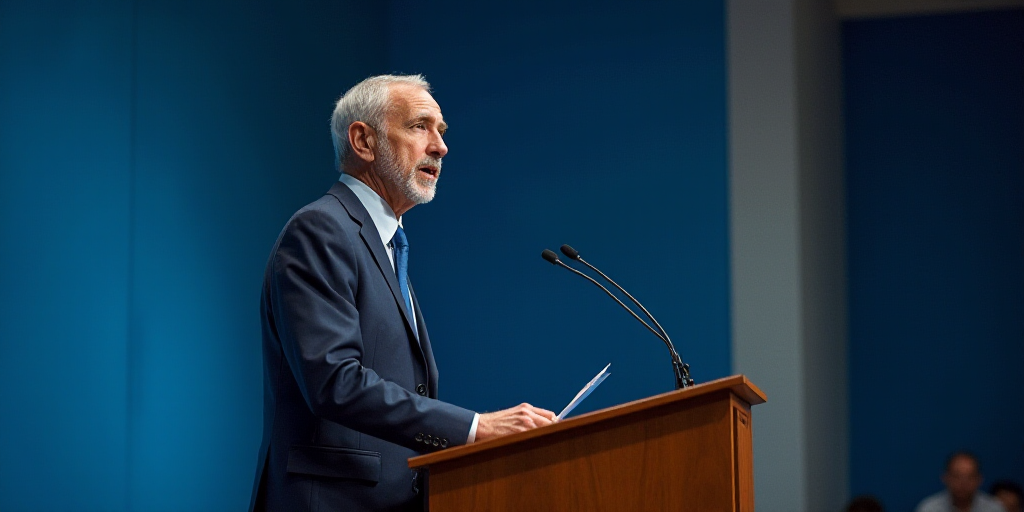Background on Key Figures and Context
In a significant move, French President Emmanuel Macron announced France’s recognition of the Palestinian state at the United Nations General Assembly. This decision comes nearly two years after the Gaza conflict began, aligning France with Western allies like Britain and Canada who made similar announcements over the weekend. These countries are now facing criticism from Israel.
Who is Emmanuel Macron?
Emmanuel Macron is the current President of France, elected in 2017. As a centrist politician, Macron has been actively involved in European and international affairs, advocating for a stronger EU presence on the global stage. His decision to recognize Palestine reflects France’s commitment to fostering peace in the Middle East.
Why is this recognition relevant?
The recognition of a Palestinian state by France, Britain, Canada, and other countries is significant because it supports the two-state solution, which envisions Israel and Palestine coexisting peacefully side by side. This solution has been the foundation of the peace process since the Oslo Accords in 1993, although it has faced considerable resistance from both sides and is now largely considered defunct.
Key Developments
- France’s Recognition: President Macron announced France’s recognition of Palestine, emphasizing the need to preserve the possibility of a two-state solution.
- Western Allies Join: Britain and Canada followed France’s lead over the weekend, along with Australia, Portugal, and others expected to do the same.
- Israel’s Response: Israel, led by Prime Minister Benjamin Netanyahu, has expressed strong opposition to these recognition efforts, stating they undermine the prospects for a peaceful resolution.
- United States’ Stance: The United States, traditionally a key ally of Israel, has communicated to other countries that Palestinian recognition could create additional challenges.
Impact and Consequences
The ongoing conflict in Gaza has resulted in over 65,000 Palestinian deaths since the October 7, 2023 attack, according to local health authorities. Israel’s increasing isolation and global condemnation of its military actions in Gaza have prompted these recognition announcements. However, the lack of negotiations between Israel and Palestine since 2014 casts doubt on the immediate impact of these decisions.
Key Questions and Answers
- What is the two-state solution? The two-state solution envisions an independent and viable Palestinian state existing alongside the State of Israel. This concept has been the cornerstone of peace negotiations since the Oslo Accords in 1993.
- Why is Israel opposed to these recognition efforts? Israel argues that such recognitions weaken the chances of achieving a peaceful resolution to the conflict, as they bypass direct negotiations between Israel and Palestine.
- What role do the United States and other countries play in this situation? The United States, traditionally a close ally of Israel, has expressed concerns about the potential complications arising from Palestinian state recognition. Other countries, like France, Britain, and Canada, aim to support a peaceful resolution by endorsing the two-state solution.






